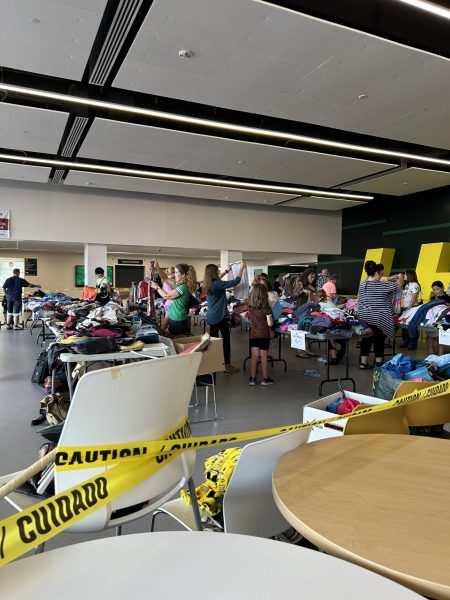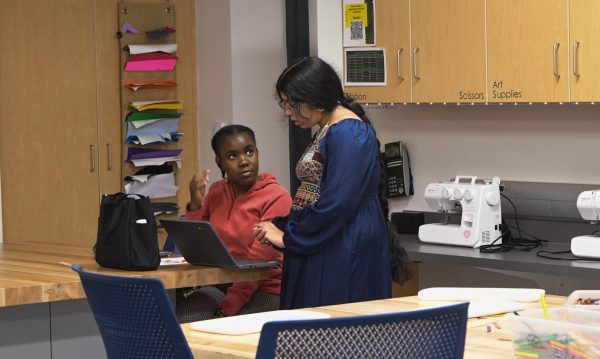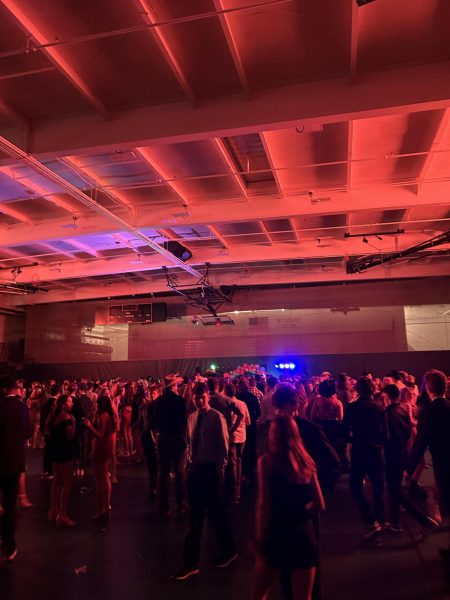How Online School During a Pandemic Has Affected Mental Health
Online school during a pandemic can have many advantages and disadvantages. One of those disadvantages is the declining state of mental health.
Mental health is an important part in life. When someone’s mental health is better, they sleep easier, get better grades and their overall well being is better than someone with worse mental health. According to the Tanner Clinic, mental health can cause sleep deprivation, addictions, bad grades, anxiety, depression and a feeling of uselessness.
Many students around the world have reported feeling as though their mental health had declined due to the unique circumstances of the COVID pandemic. Some experts believe this is partially due to the change in classrooms and learning methods.
“Students are not used to learning in isolation. In classrooms today, teachers have students learning in groups, discussing lessons, and asking their peers for help,” Beth Doll, a professor of psychology in education at the University of Nebraska, said in an interview with the American Psychological Association.1
“We’ll probably see some socialization delays because [students] have not had the chance to practice these skills in a Zoom environment,” Doll said.
There could be other long-lasting effects of isolation, too. According to a study done by the University of Buffalo, 75 percent of students have reported feeling more anxious and stressed due to online learning. This decline in mental health may cause many issues for students in the future.
A survey done via the internet by Gallup panel polling has reported that “3 in 10 students have said that they are already experiencing harm to their emotional or mental health due to the social distancing and closures.”2
Many Lindbergh students have experienced firsthand the impact of online school on mental health.
On February 9th, Lindbergh decided to switch students that are not enrolled in Accelerated and Remote Courses (ARC) to Phase 1. This means that all high school students attend in-person school Tuesday through Friday of each week. Some students are hopeful that this new schedule will improve their mental health and schoolwork.
“In-person social interaction is a necessity for people of all ages, especially teenagers. Unfortunately, COVID-19 put a halt to that, but Phase 1 will hopefully be the start of reversing that, and becoming closer to the way school was before, ”Lilly Naeger (10) said.
Mollie Koetting (9) agreed.
“School feels very optional because we are at home and that’s not because we aren’t good students…. With Phase 1 coming up, I hope that it will help restore our mental health and bring new things our way,” Koetting said.



